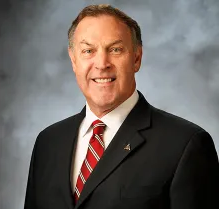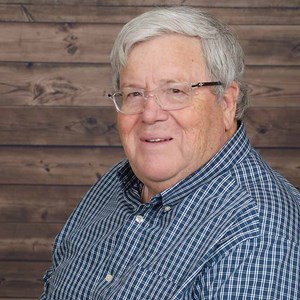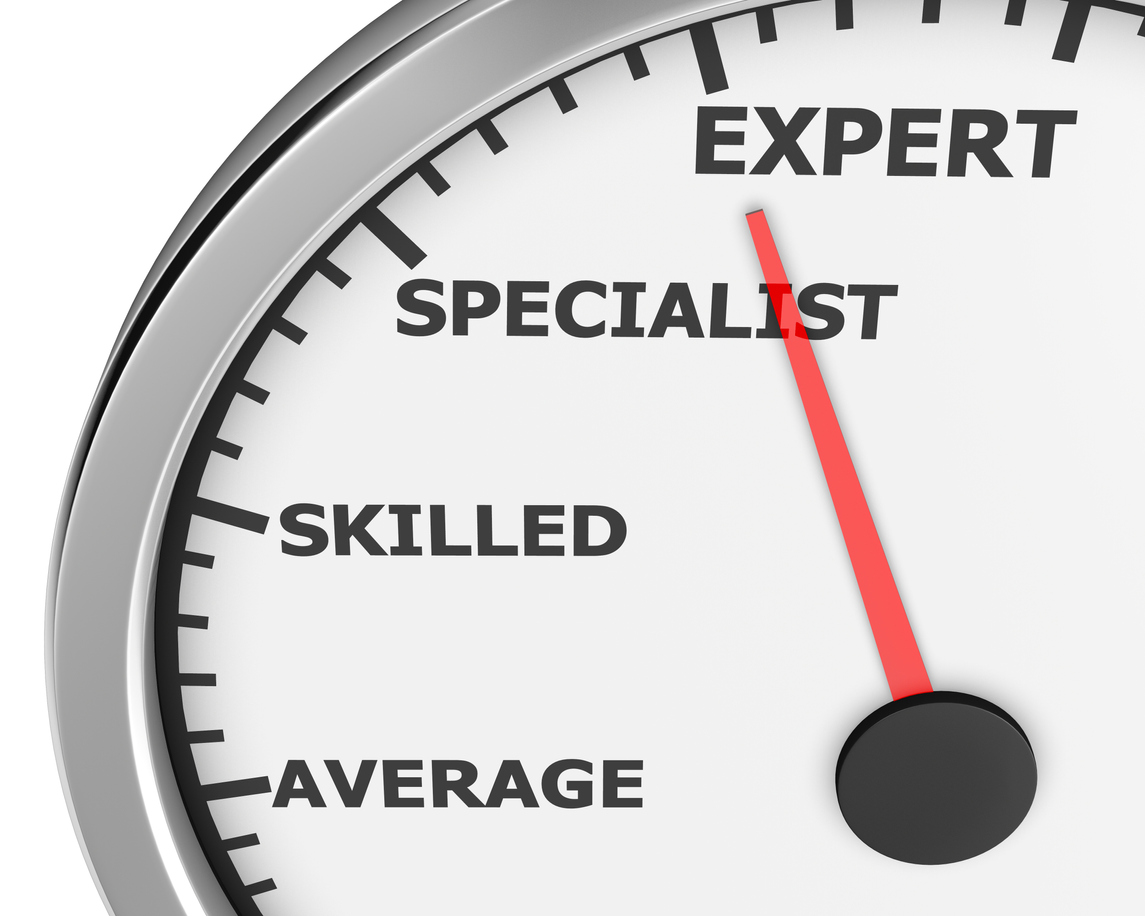Following up on Jim Beneke—Public Adjuster Spotlight, Beneke made a presentation to the Texas Association of Public Insurance Adjusters (TAPIA) four years ago about Navigating Ethical Pitfalls. The presentation applies to all public adjusters practicing in any state.
Here is an outline summary of Beneke’s presentation:
Jim Beneke’s Tips To Avoid Navigating Ethical Pitfalls
1) Carefully read Chapter 4102 of the Texas Insurance Code. This is the public adjusters licensing act. Pay close attention to Sections:
a. 4102.005 Code of Ethics
b. 4102.103 Contract for Services
c. 4102.104 Commissions
d. 4102.111 Fiduciary Capacity
e. Subchapter D. Prohibited Conduct
f. 4102.158 Conflicts of Interest
g. 4102.160 Certain Payments Prohibited
2) Make sure you contract complies with the state you are working. Have an active license in that state.
3) The simpler contract, the better. Lengthy, complicated contracts are hard to get signed. If you do a good job, you will get paid. If you have to enforce your contract to get payment, you probably don’t deserve the fee.
4) Read every policy and read the full policy.
5) Couch your opinions as “adjuster’s opinions” so there is no confusion that you are not offering a legal opinion. “Based on my experience as a licensed adjuster, I believe…..” Do Not Argue Case Law
6) If a coverage issue arises, or if you believe other legal issues may come into play, advise the insured to seek coverage counsel.
7) Write a good (reasonable) estimate. If you can’t make a “straight faced” argument for everything in the estimate, it doesn’t belong. Don’t perpetuate the unfortunate stereotype of the typical public adjuster by inflating the claim with unsupportable line items.
8) Treat the adjuster and his consultants with respect. They are people, too. In most cases, it is not personal. Everyone is just trying to do their job. Treating them like a criminal is not going to help you settle many claims.
9) Manage your client’s expectations. Promise an appropriate settlement in a reasonable amount of time. Overpromising nearly always leads to an unsatisfied client.
10) Keep your client up to date. Even if you have nothing new to report, provide the client with the status.
11) As public adjusters, we are judged by the worst amongst us. Anything you do or say can be used against all of us. Remember that each public adjuster action impacts all of our reputations.
12) Be professional at all times. The way you look, talk, act, write, win, or lose all tell the adjuster who you are. Public adjusters have a negative image in the minds of many insurance company and independent adjusters. Do not give those adjusters the satisfaction of being what they expected.
13) Take as much continuing education as you can handle. Knowledge is the key to fantastic adjustments and providing what the policyholder deserves.
14) Communicate clearly and professionally. Treat email as formal communications, both with the adjuster, and with your client. Don’t disparage either in writing. Write every email as if you expect to have it read back to you in court. Learn to write well. Effective communications whether oral or in writing differentiate public adjusters who have the ability to obtain fantastic results for their clients and grow a reputation where clients seek out your services.
15) Be yourself. Don’t try to talk, write, or act like someone you’re not. It shows.
One of the points that some public adjusters may miss is that every public adjuster impacts other public adjusters. Jim Beneke’s experience and work with legislative and regulatory projects certainly provide him with that insight. I have heard the same thing when speaking with insurance regulators, legislators and their staff and insurance company lobbyists.
The insurance industry will take a single wrongful action by a sole public adjuster and repeat it a hundred times, trying to make the one appear as the regular course of conduct by all public adjusters. They will suggest a need for reform or simply block positive initiatives using the actions of one against the many.
Beneke’s list provides many great tips. He also suggests that all public adjusters take time to learn and get better at communications because those will differentiate the degree of success they will achieve in this line of work. This point was made in Adjusters, Appraisers, and Umpires: The Power of Trust, Respect, and Likability in Property Insurance Claims Handling and Appraisals.
God knows that I am trying to get rid of my poor communication habits. The reference on this topic that I continually read and study, which helps me the most, is Never Split The Difference by Chris Voss.
Thought For The Day
The way we communicate with others and ourselves ultimately determines the quality of our lives.
—Tony Robbins




